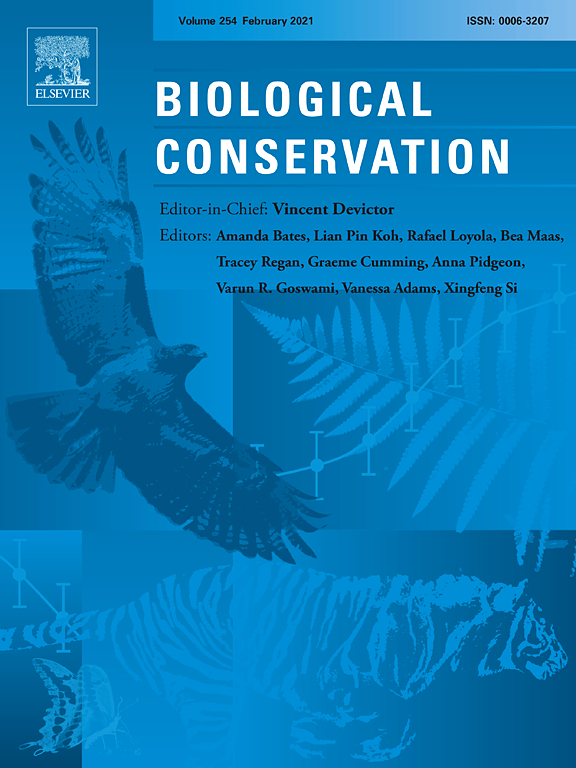In globally coordinated efforts to reduce emissions from deforestation and forest degradation (REDD+), perspectives on instrumental (goal-oriented, ecological–economic) and relational (harmony-oriented, social–ecological) values of nature vary between, but matter to both local and global actors and stakeholders. The (sub)-national motivation to engage in REDD+ programs evolved over time. We reviewed literature on the underlying values and moral roots in subnational REDD+ implementation in two Southeast Asian countries with different political histories: Vietnam and Indonesia. Vietnam tried to use the preexisting Payments for Forest Environmental Services program for REDD+, incentivizing community-based forest management. Indonesia asked all provinces to clarify emission-reduction plans in green growth strategies, before engaging with international REDD+ finance. Maintaining strong national control over forests was a key motivation for initial REDD+ adoption, but further development of the programs in both countries rebalances efficiency and fairness in instrumental and relational decision-making modes, encompassing various dimensions of morality beyond financial gains.
DOI:
https://doi.org/10.1016/j.cosust.2023.101330
Altmetric score:
Dimensions Citation Count:























